|
LISTEN TO THIS THE AFRICANA VOICE ARTICLE NOW
Getting your Trinity Audio player ready...
|
Cyclone Chido, Sunday, December 15, 2024, ripped through Mayotte, leaving the French Indian Ocean territory in ruins.
Initial reports suggest that the storm, the most powerful to strike the region in nearly a century, may have claimed the lives of hundreds, if not thousands, of residents. The full scale of destruction is still being assessed, but survivors and authorities alike are calling it the darkest chapter in Mayotte’s modern history.
The cyclone struck with ferocious winds exceeding 200 kilometers per hour (124 mph), toppling homes, uprooting trees, and shattering infrastructure overnight. The destruction was swift and overwhelming. Entire neighborhoods were flattened, government offices rendered inoperable, and the main hospital severely damaged. Witnesses likened the aftermath to a war zone.
“I’ve lived here all my life, but I’ve never seen anything like this,” said Mohamed Ishmael, a resident of Mamoudzou, the capital city. “You feel like the island has been erased in some places. Streets are flooded, homes are gone, and families are shattered. We are all in shock.”
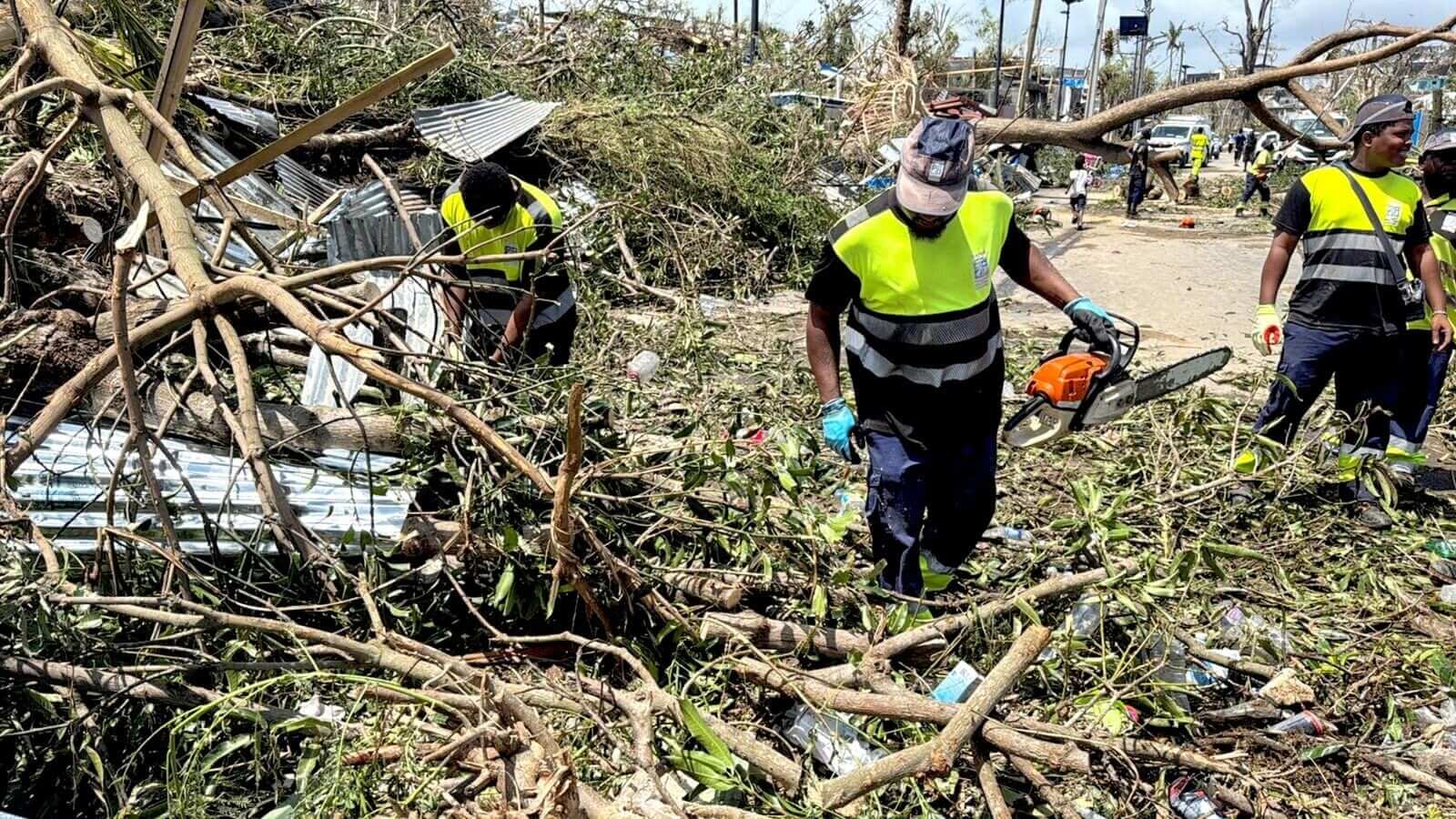
Mayotte, which lies between Madagascar and Mozambique, has long been a haven for migrants seeking refuge from the poorer nearby Comoros islands. For decades, undocumented migrants have crossed treacherous waters to reach Mayotte, drawn by its higher standard of living and access to French welfare. These migrants, often living in informal settlements, have been among the hardest hit by the cyclone. Entire hillsides once dotted with makeshift homes now lie bare, littered with rubble.
The cyclone has exacerbated Mayotte’s already fragile social fabric. More than three-quarters of the population live below the French poverty line, and the island has struggled with chronic water shortages, gang violence, and underfunded public services. Mayotte’s limited infrastructure was ill-prepared for a disaster of this magnitude.
“It’s a nightmare,” one relief worker who arrived from Reunion, another French island in the region, told the press. “Food supplies are scarce, clean water is becoming harder to find, and the hospital is overwhelmed. People are desperate, and the emotional toll is just beginning to set in.”
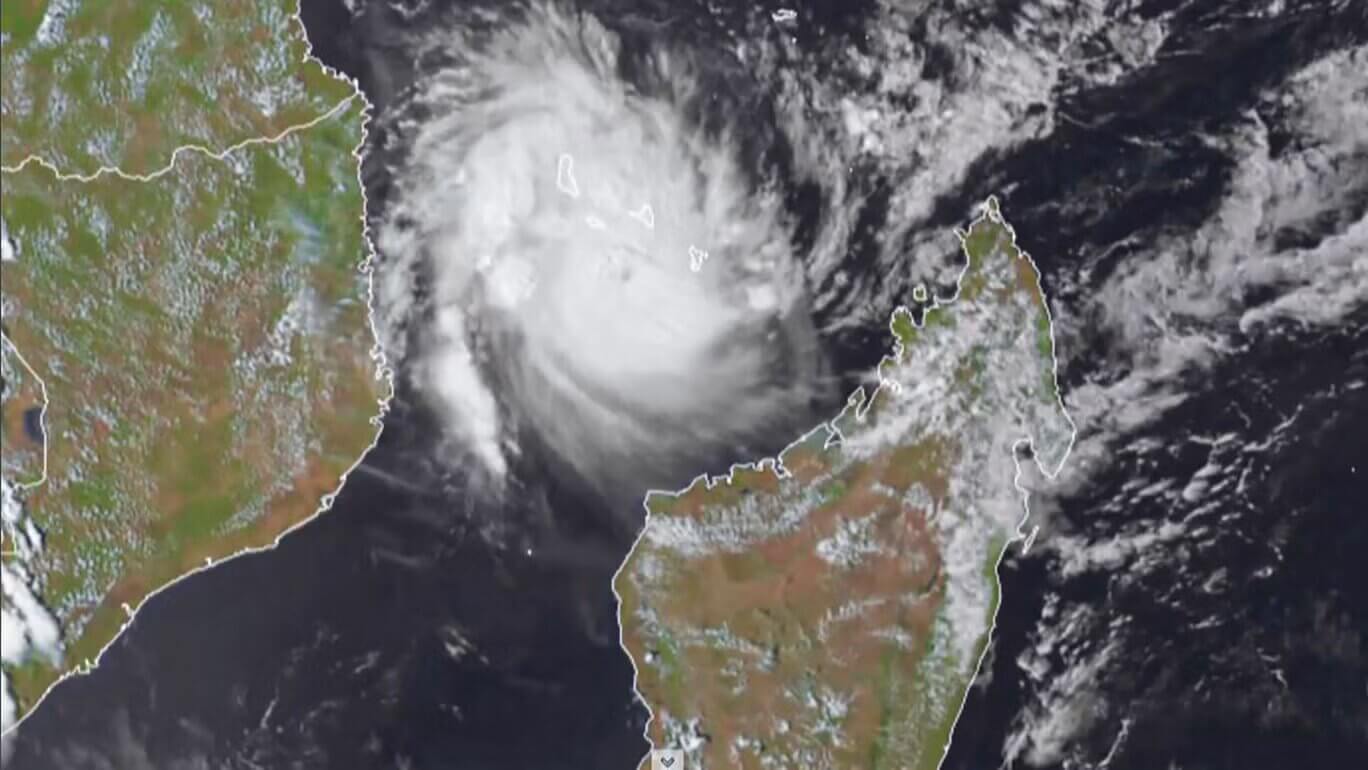
The death toll remains uncertain, with estimates ranging from hundreds to possibly thousands. François-Xavier Bieuville, Mayotte’s prefect, admitted that tracking the true extent of the loss would be difficult, particularly given the island’s Islamic burial traditions, which require that the dead be laid to rest within 24 hours.
Local residents have stepped in to bury their loved ones while emergency workers focus on searching for survivors. Aerial footage captured by French gendarmes revealed an apocalyptic scene: overturned police boats, collapsed buildings, and people wading through waist-deep water.
French President Emmanuel Macron expressed solidarity with Mayotte’s residents, calling the devastation “an unimaginable tragedy.” He pledged emergency aid and swift action to support recovery efforts.
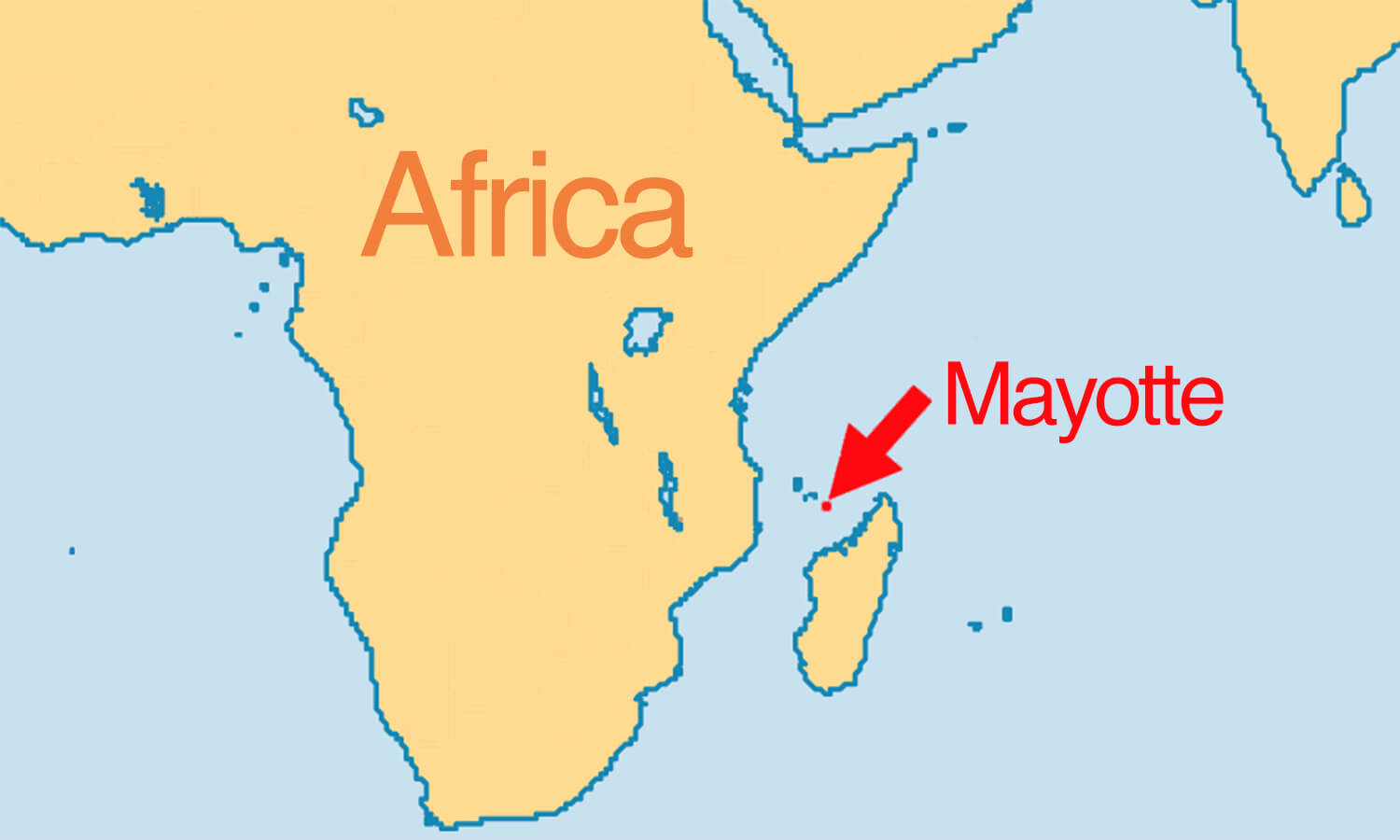
Mayotte’s history is steeped in complexity. Colonized by France in 1843 and annexed in 1904, the archipelago has experienced decades of tension between the remaining part of France and its proximity to the independent Comoros islands. A 1974 referendum saw Mayotte vote overwhelmingly to remain French while neighboring islands chose independence. This decision created a long-standing migration crisis that has strained the island’s resources.
Today, over 100,000 undocumented migrants are estimated to live in Mayotte, many in precarious conditions. The cyclone’s devastation has spotlighted these vulnerabilities, as relief efforts struggle to address the needs of both locals and migrants.
“This isn’t just about rebuilding homes,” said a local activist. “It’s about addressing years of neglect and inequality that left us exposed to a storm like this. Mayotte is part of France, but it hasn’t been treated like it.”
Cyclone Chido did not spare Mayotte’s neighbors. The Comoros islands reported dozens of homes destroyed and minor injuries, while northern Mozambique faced heavy rainfall and damage to critical infrastructure. Internet and power outages have made assessing the situation in Mozambique difficult, raising fears of further devastation.
The French government has initiated an airlift of emergency supplies from Reunion, while international aid organizations mobilize to provide food, water, and shelter. Yet the road to recovery will be long, and for many, the scars of Cyclone Chido may never fully heal.
“The island will rebuild,” said Bieuville, “but it will never be the same again. This storm has changed Mayotte forever.”
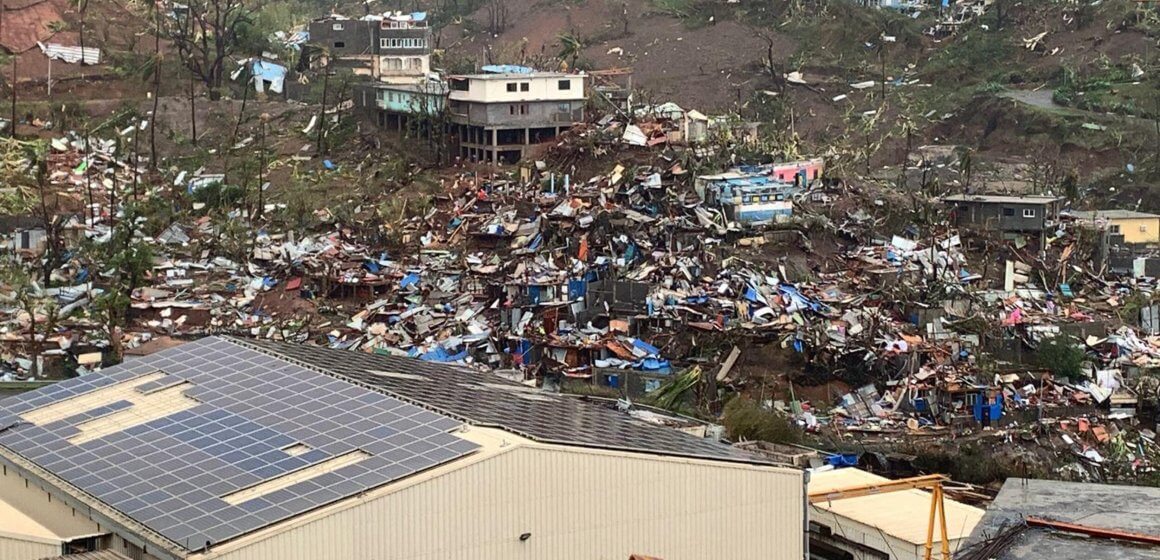




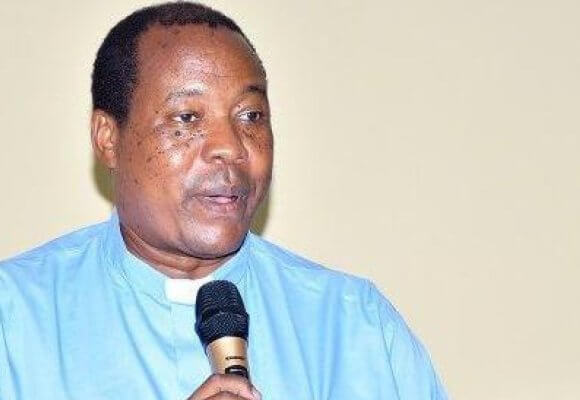

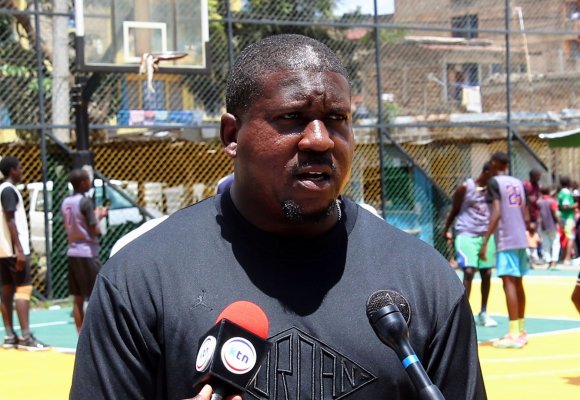



LEAVE A COMMENT
You must be logged in to post a comment.